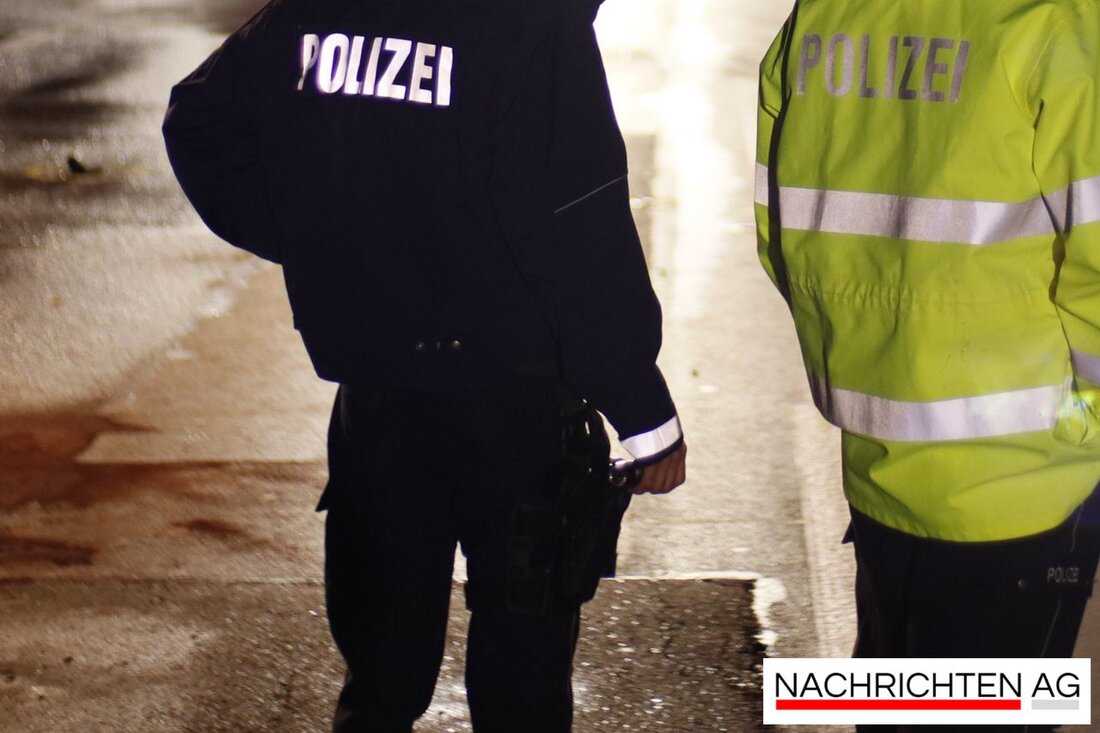New mobile intensive care units: four ambulances for southern Pomerania!
New ambulances in Pasewalk: District Administrator Sack hands over modern vehicles with a tele-emergency doctor system to the DRK for rural regions.

New mobile intensive care units: four ambulances for southern Pomerania!
On July 11, 2025, the time had come: four new ambulances (RTW) were handed over to the German Red Cross (DRK) Uecker-Randow in Pasewalk. District Administrator Michael Sack (CDU) explained that these vehicles are part of an extensive upgrade of the emergency service fleet. What is particularly pleasing for the region is that the new RTWs are equipped with the latest technology and required an investment of around 330,000 euros per vehicle - and that without medical equipment.
The new vehicles will be stationed in Ferdinandshof, Pasewalk, Strasburg and Penkun. They are the first of a total of ten newly purchased vehicles that will be handed over to the DRK district association as part of the fleet renewal. This once again shows the district's commitment to modern equipment in rural areas, which not only benefits the patients but also the emergency services personnel.
Modern equipment for the rescue service
The emergency services managers, including Frank Wodrich, describe the new RTW as “moving intensive care units”. All vehicles are equipped with a tele-emergency doctor system, which revolutionizes communication between paramedics and the emergency doctor on site. Thanks to the immediate live transmission of measurements such as blood pressure, heart activity and oxygen saturation, medical care can be significantly accelerated.
But that's not all: the system also enables video transmission so that the tele-emergency doctor can visually assess the situation directly on site. This technical support is a significant benefit for prehospital emergency medicine and plays a central role in shortening treatment-free intervals and optimizing patient care. This not only relieves the burden on staff, but also ensures that patients can receive optimal care.
A good hand in fleet planning
The new Mercedes-Benz Sprinter models were equipped with a swap body system that not only allows the base vehicles to be replaced after five years, but also allows the box body to be refurbished in a cost-saving manner. This innovative solution is a further step towards increasing the efficiency of the emergency services while making optimal use of the resources available for medical care.
These ambulances are completely financed by social insurance providers, including statutory health insurance as well as nursing care, accident and pension insurance. These measures are in line with a Europe-wide trend to promote telemedicine solutions in emergency services and to continuously improve processes, as can be found on the Telemedicine in Emergency Services website.
In view of these developments, it is once again clear that the Vorpommern-Greifswald district and the DRK Uecker-Randow have a good knack for equipping and organizing the emergency service. Investments in modern technology and the associated training of emergency services are the key to safe and effective emergency care in our region. It remains exciting to see how telemedicine will continue to develop, not least as part of the 3rd Telemedicine in Emergency Services Forum, which is scheduled to take place on January 20, 2026.
For more information on these topics you can read the article Northern Courier and current developments Uecker-Randow as well as Telemedicine in emergency services track.

 Suche
Suche
 Mein Konto
Mein Konto